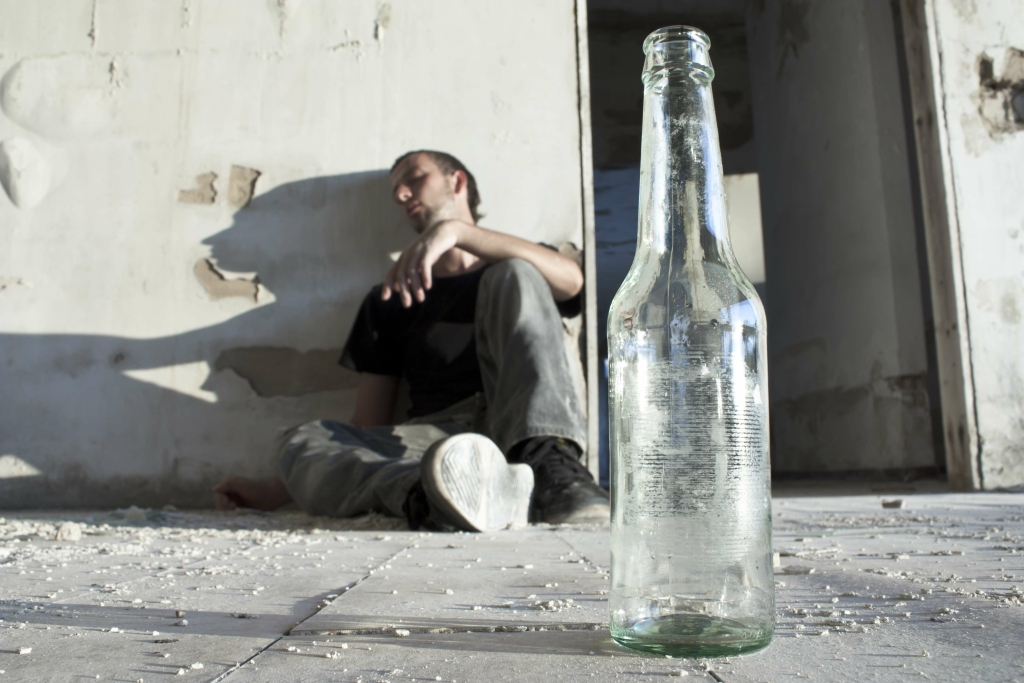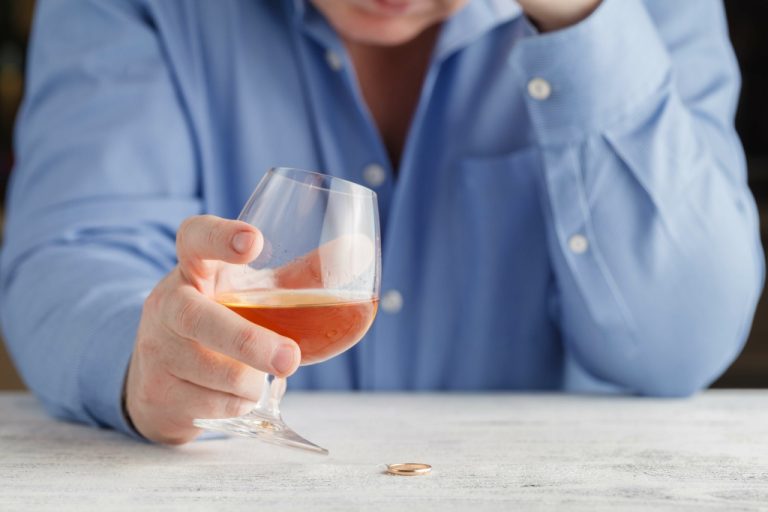Content
Consuming foods and drinks high in sugar can quickly lead to weight gain. In fact, drinking water before, during, and after drinking alcohol can help prevent its inflammatory effects on the body. If you’re feeling bloated while drinking alcohol, switch over to drinking water. Keeping an eye on your drinking, along with eating healthfully and getting enough exercise, can help you prevent a beer belly. All kinds of alcohol — beer, wine, whiskey, you name it — are relatively calorie-dense, topping out at about 7 calories per gram. Add other ingredients to alcohol — like sugar — and the calorie count increases even more.

But keep in mind this is exponentially increased if you’re a heavy drinker, eat bad fattening foods, and aren’t exercising. In other words, we are likely to eat less nutritious food when drinking and consume more calories from a combination of alcoholic beverages and foods high in unhealthy fats and added sugars. Further, studies show that alcohol temporarily inhibits does alcohol cause you to gain weight “lipid oxidation”— in other words, when alcohol is in your system, it’s harder for your body to burn fat that’s already there. Alcohol has also been shown to influence a number of hormones linked to satiety. The results of several studies propose that alcohol may influence energy intake by inhibiting the effects of leptin, or glucagon-like peptide-1 (GLP-1) [56, 57].
While wine isn’t considered to be particularly high in calories, it’s easy to consume it in excess. They can contain up to two standard drinks worth of alcohol, doubling the calories from alcohol you’d get in a single shot. That means, even if you skip the sugary cocktail, there are still plenty of calories in your whiskey neat. “If somebody is getting hungover the next day, the chances of them waking up and having a healthy lifestyle [are slim],” Simon says. While your decision making is impaired, you might be more prone to eat foods you’d normally avoid, or even to give up on your healthy diet entirely, Wyatt says. If you consume too much of it, you can develop alcohol poisoning or even die.
For example, cortisol is linked to weight gain because it stimulates hunger and affects metabolism. Alcohol can cause increased cortisol secretion in the body and imbalances in other reproductive hormones like oestrogen and testosterone, which also play a role in muscle building, fat storage, and metabolism. These hormonal imbalances can make it easier for an individual to gain weight through alcohol use.
Another study showed that those who sat for over 8 hours each day (not including sleeping hours) had a 62% increased risk of obesity compared with those who sat for less than 4 hours each day (49). Artificial trans fats are strongly linked with poor heart health and may also lead to increased belly fat. Both the US and Canada have banned trans fats in commercial foods. A recent review of 127 studies found a significant dose-dependent relationship between alcohol consumption and abdominal fat storage (22). Eating food while drinking can help slow the absorption of alcohol, but some foods can also increase the risk of bloating, including fatty foods. There are almost 155 calories in one 12-ounce can of beer, and 125 calories in a 5-ounce glass of red wine.
The average length of time spent in outpatient treatment is 30 days. A patient can anticipate spending a few days a week at an outpatient treatment center. For questions regarding alcohol and weight loss, please ask in the comments. Otherwise, for more helpful weight loss articles, such as our zero calorie foods list, or our walking to lose weight plan, head over to our Weight Loss page. As discussed, alcohol is dense in calories and does far more bad than good for weight loss. For example, if you drink 4 drinks once per week, estimates say that you’ll gain 10 pounds of body fat per year.
So achieving insulin sensitivity is a big part of losing weight and getting rid of abdominal fat. When this break in the metabolic process happens, the metabolism slows. Over time, with repeated alcohol intake, the metabolism slows more and can lead to weight gain. For example, those with inadequate sleep are more likely to select low-nutrient options (e.g., foods high in sugar and fat) and consume more calories daily than those who get enough sleep each night (102).

Although the efficacy of holistic addiction treatment is inconclusive, the patient satisfaction has been improved from the addition of holistic therapies with evidence-based treatment. This type of alcohol treatment will address both alcohol addiction and obesity. To be admitted to a dual diagnosis alcohol treatment center, you need to have at least one other disorder in addition to alcohol dependence. This could include things like depression, anxiety, bipolar disorder, schizophrenia, etc. Dual diagnosis treatment can be effective in treating co-occurring disorders.